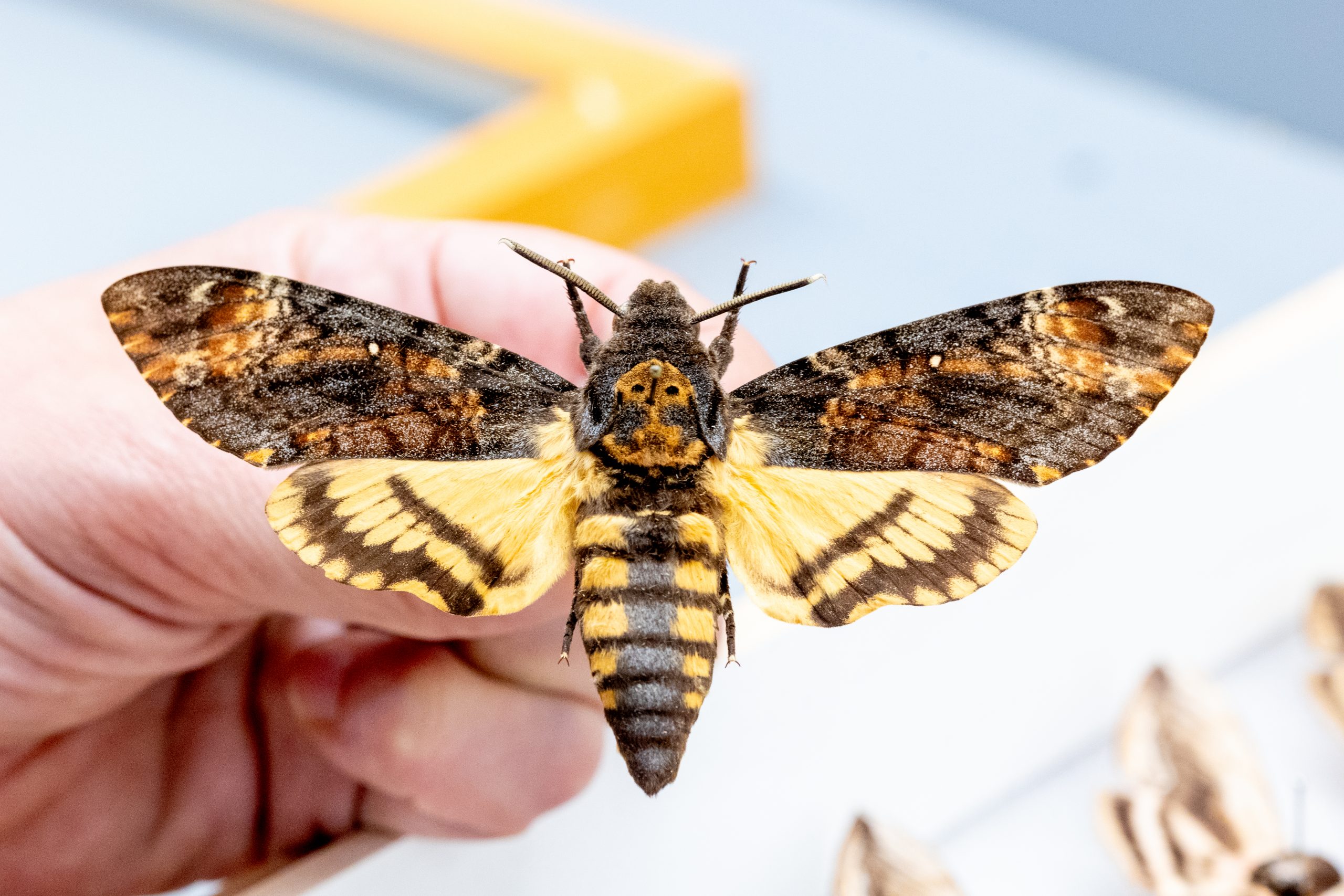Salmonella is a significant public health issue, as it causes approximately 1.35 million infections and 420 deaths each year according to the CDC.
Most of these infections are foodborne and the chief culprits tend to be eggs and poultry, making the development of effective antimicrobial interventions to control salmonella in chickens a priority for researchers across the nation.
Associate professor of food microbiology in the College of Agriculture, Health and Natural Resources Mary Anne Amalaradjou has received a $150,000 grant from the U.S. Department of Agriculture SARE program to study a probiotic supplement to control Salmonella in hatchlings and help them develop a healthy microbiome. By targeting Salmonella infection and spread at multiple developmental stages, this intervention has the capacity to greatly reduce the risk to consumers.
Most Salmonella-control strategies primarily target breeding flocks and older birds. However, hatchlings are the most vulnerable to Salmonella colonization. If a hatchling picks up the bacteria, it can spread through the flock quickly.
Amalaradjou’s intervention will spray unhatched eggs with a probiotic supplement and provide the hatchlings with an additional supplement through their water as they are transported to grow-out farms, special facilities with age-appropriate accommodations. The researchers will continue the treatment when the chicks are on grow-out farms.
This will be the first study focusing on probiotic spray application in eggs to reduce Salmonella in hatchlings.
This research is based on Amalaradjou’s previous work which found probiotics can significantly reduce Salmonella populations on eggs and reduce its colonization in chicken intestinal cells. The probiotics also promote the chicks’ growth which is a benefit for farmers.
Through this project, Amalaradjou will be able to develop a multi-pronged approach to control Salmonella in chickens and improve meat safety while also supporting the sustainability of the industry.
“Ultimately, through early and sustained probiotic supplementation we aim to develop a comprehensive approach that helps control Salmonella in broiler chicks while improving their performance,” says Amalaradjou, a faculty member in the Department of Animal Science.
This approach focuses on improving the health of hatchlings’ gut microbiomes as a means of combatting pathogenic colonization. Commercial practices often delay the colonization of chicks’ gut microbiome, an important part of their immune system, because they quarantine eggs from adult birds.
Without normal colonization, the chicks are much more susceptible to infection from pathogenic bacteria, like Salmonella, when they encounter them because they lack natural defenses to fight them off. This means the earlier that the healthy microbiome colonization can start, the better.
This intervention is particularly attractive to small broiler farms characteristic of the northeast poultry industry. Other methods for Salmonella control developed for large farms elsewhere in the U.S. are not feasible for these smaller farms leaving a significant gap Amalaradjou’s work is helping address.
The probiotic approach will support the diverse nature of farms in the Northeast while catering to the growing demand for locally grown, organic, antibiotic-free poultry and eggs.
Amalaradjou will actively engage local farmers from several small broiler enterprises in New England in the research process. This collaboration will help promote the sustainability, viability, competitiveness, and economic efficiency of these farms.
Amalaradjou holds a Ph.D. in animal science from UConn. Her research interests include probiotics-based approaches to control foodborne infections, host-microbiome interactions in health and disease, elucidation of virulence mechanisms in foodborne pathogens, and the development of molecular methods for rapid detection of foodborne microorganisms.
Follow UConn CAHNR on social media.



